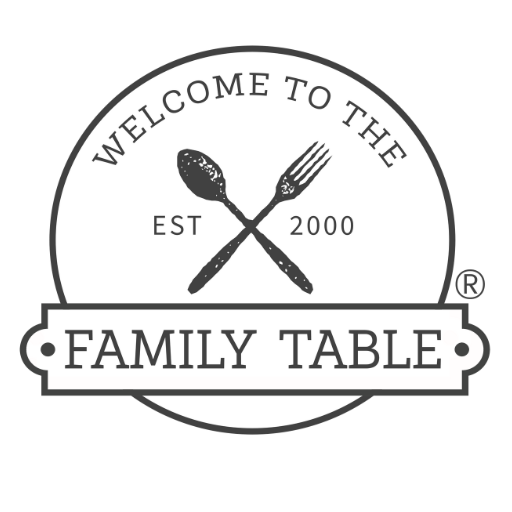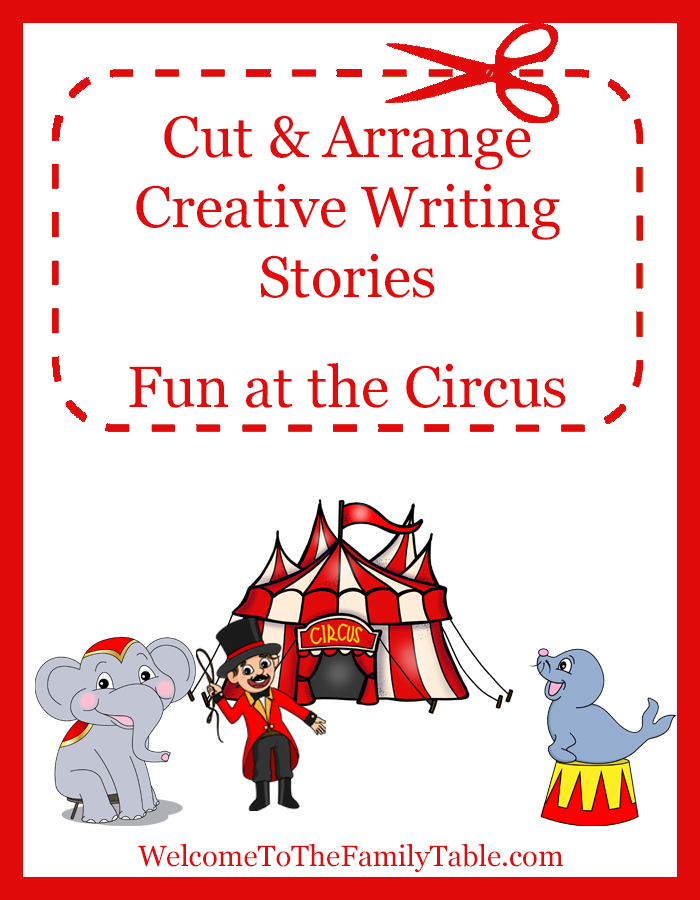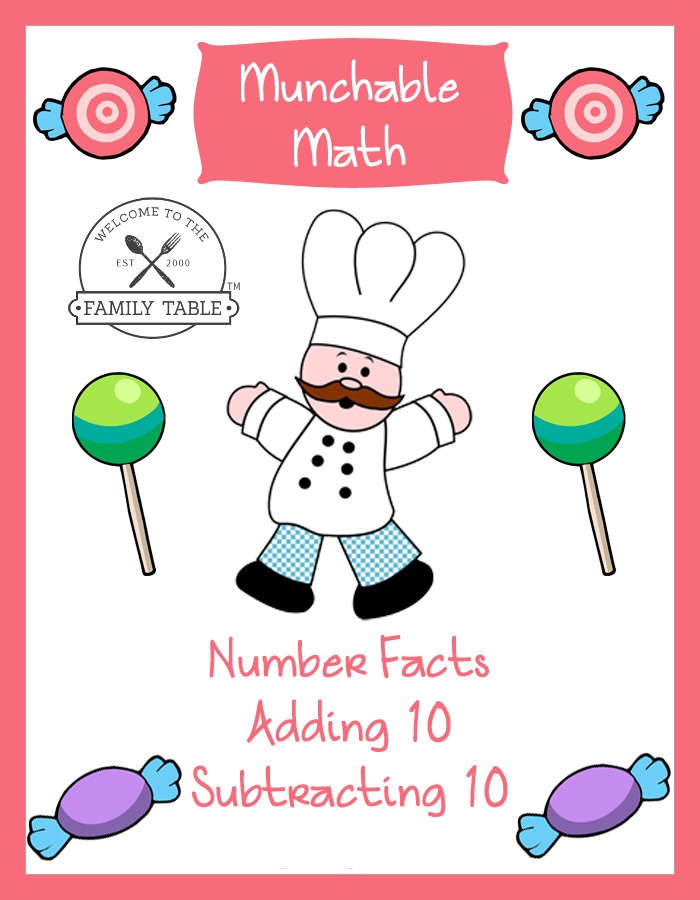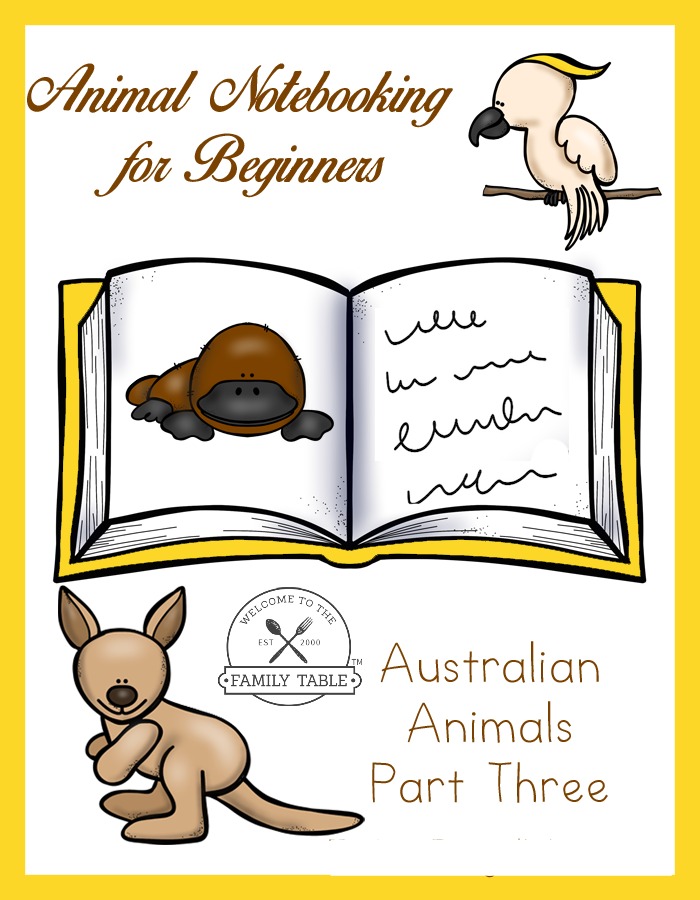Why Literacy is Important
The kids are back in school, meaning another round of Back to School nights. Did your child’s teacher use the term literacy (or any term associated with it: phonics, phonemic awareness, comprehension, etc?) Not quite sure what it’s all about, but don’t know who to ask? Here is your guide to each part of literacy and why it’s so important for your child to master each skill.
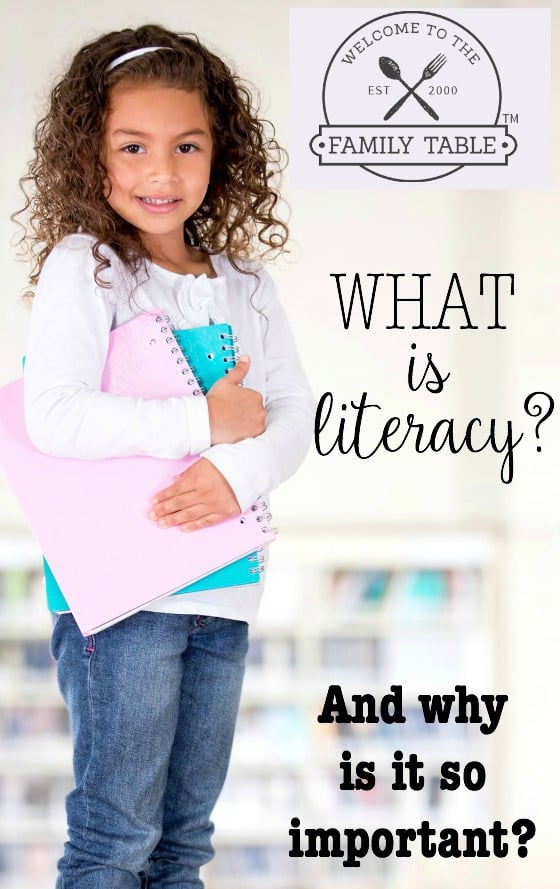
Why Literacy is Important
Phonics/Phonemic Awareness
Phonics and Phonemic Awareness are the building blocks of reading and writing. They involve recognizing the letters of the alphabet and knowing the sounds that each make. It also means knowing the sounds created by combinations of letters (blends). Once your child has a strong grasp of letter sounds, he/she will be in a good position to begin sounding out words, which is an essential skill for early readers. Typically, phonics are taught a great deal in the early grades, though more complicated letter patterns may be taught throughout elementary school.
Spelling
Spelling is very similar to phonics, but focuses more on the concerted practice of phonemic skills. Some schools have done away with spelling all together, while some have modified it to make it more meaningful for each child. Generally, spelling is the practice of a series of words over the course of a week with the expectation being to recall the correct spelling of those words at the end of the week. One benefit of spelling practice is that it often helps children to be more aware of the ways in which they put letters together to make words (rather than not taking the time to sound them out).
Speaking
Many schools include speaking as a part of their literacy program. This goes beyond talking to one’s classmates and includes public speaking. Once a child has learned about a topic and written about it, they take the next step and report about it to their peers. In writing a formal speech, students learn about how to convey their thoughts and ideas in a public setting. It also helps them to become more comfortable with presenting information.
Writing
Writing is another integral part of literacy. It is taking the letter sounds that a child has learned and putting them together to create meaning. At preschool age, writing means learning how to write letters and practicing putting them together to write names and basic words. By upper elementary grades, students will be writing stories or essays designed to argue a topic. In the years in between, children work on sentence structure, punctuation and grammar skills that will help them to convey their thoughts using meaningful language.
Reading
Reading is a term used for a wide variety of skills. Yes, it means recognizing the word on the paper, but it also includes understanding what that word means and using the words around it (context) to help determine its meaning, in the event that the word is unknown. Reading is putting a series of written words together to make meaning from them.
Once a child has learned to read words and gain understanding of unknown words, higher reading comprehension skills are included in literacy teaching and learning. Children learn to sequence the order of events in stories, determine authors’ reasons for writing, and make conclusions about what they are reading and summarize what they’ve read. Upper elementary grades get away from as much work on letter sounds, and focus literacy time on these higher-level skills.
How to Integrate Literacy at Home
There are lots of skills involved when it comes to literacy. At home, you don’t have to tackle each skill every evening. Try reading with your child and talking about what you’ve read. This simple activity will not only give you uninterrupted one-on-one time, but will also work on word recognition and reading comprehension. This basic practice will be invaluable to your child’s learning.
